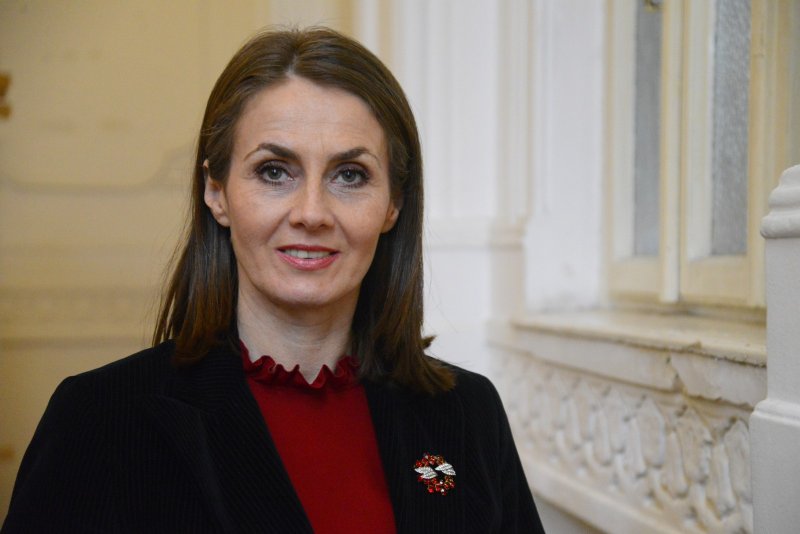Rural women face many problems, one of which is unpaid work in the household, because they spend over 21 percent of their time doing unpaid housework. Many of them have neither health nor pension insurance, while only 18 percent of women living in the countryside have a registered agricultural farm, said Commissioner for the Protection of Equality, Brankica Janković, at the final conference held on the International Day of Rural Women, summarizing the results of the three-year project “Improving the position of women and girls in rural areas” which the Commissioner for the Protection of Equality carried out in cooperation with the UN Agency for Gender Equality UN Women and with the support of the Norwegian Embassy in Belgrade within the initiative “Improving the safety of women in Serbia”.
As part of the project, the publication “Position of women and girls in the rural areas of Zlatibor, Moravica and Raška districts” was issued, which contains an analysis of the real needs of women and girls from these three districts. This publication shows that as the problem they perceive the widespread traditional, patriarchal values, economic dependence, low level of education, and low information about their rights, but also point out the difficult availability of services in the community. Also, an analysis of practices in local self-government units in preventing discrimination and gender-based violence was carried out, according to which, of the 18 local self-government units that responded to the questionnaire, 72 percent do not recognize the frequency and characteristics of gender-based violence against women and girls in the countryside.
Janković said that a lot was done during the three-year project “Improving the position of women and girls in rural areas”. Concrete and indirect support was provided for 338 women from the village to start or improve their business in the field of agricultural production, they were provided with equipment (greenhouses, beehives, milking machines, fruit presses, pollen dryers, crushers…), and about 150 women participated in various trainings and round tables where they gained knowledge important for recognizing discrimination, but also knowledge for improving agricultural production, communication and using new technologies in order to better market their products, digital skills, writing projects… More than 20 women participated in study visits to Slovenia, Austria, Croatia, Germany, and Switzerland, where they acquired additional skills and knowledge for starting various agricultural businesses through examples of good practice. Also, within this project, the capacities of 33 associations were strengthened, including those that have just started their work and are dealing with improving the position of women and girls in the village, and support was provided for their mutual networking.
In addition to other activities carried out during the three-year project, the Commissioner, recognizing the media as extremely important partners that contribute to changing the image of rural women, presented prizes and awards for reporting on these topics.
The contribution of rural women to the economy is an important potential for the development of the entire community, much greater than perceived within the framework of existing public policies. That is changing though, and many decision makers joined us and convinced themselves that our female citizens living in villages have diverse knowledge and capacities, and that it is extremely important to listen to their proposals and implement already existing activities into public policies, concluded Janković.


